Comment: Israel-Iran war and Air India tragedy cast pall over travel retail
Catastrophic events in India and the Middle East over the past few days have potentially serious effects for the travel retail world, writes Martin Moodie. At an already stressed time for the channel, the Iran-Israel conflict is of mounting concern.

 Catastrophic events in India and the Middle East over the past few days have potentially serious effects for the travel retail world, writes Martin Moodie.
Catastrophic events in India and the Middle East over the past few days have potentially serious effects for the travel retail world, writes Martin Moodie.
Before analysing those repercussions, let’s start where we must, by expressing our condolences to the victims and the bereaved of the Air India (AI 171) crash in Ahmedabad on 12 June, which killed 241 of the 242 people onboard and more than 30 on the ground.
The crash, which happened shortly after the Boeing 787-8 Dreamliner took off from Sardar Vallabhbhai Patel International Airport in Ahmedabad, Gujarat, represents the worst single-aircraft disaster in Indian aviation history. It is a human catastrophe and must be the initial primary focus of any commentary.
There are business implications for India’s aviation and travel retail sectors, too, however, that must inevitably be weighed.
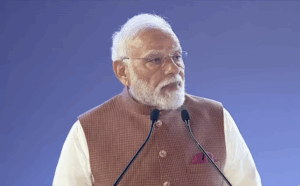
The crash happened amid a burgeoning aviation and tourism (inbound and outbound) scene in India. Addressing the International Air Transport Association’s (IATA) 81st Annual General Meeting and the plenary session of World Air Transport Summit in New Delhi on 2 June, Prime Minister Shri Narendra Modi emphasised his government’s commitment to developing world-class air infrastructure and enhancing connectivity.
The Prime Minister said India’s airlines continue to achieve double-digit growth, with 240 million passengers flying annually. He projected that by 2030 this number will reach 500 million.
“India has become the third-largest domestic aviation market in the world,” he commented, emphasising the success of the UDAN scheme [a far-reaching programme launched by Modi in October 2016 designed to democratise aviation by making flying accessible and affordable for all].
“Aviation safety has always been India’s top priority. India has aligned its regulations with ICAO’s global standards,” Modi added, reinforcing India’s commitment to international best practices.
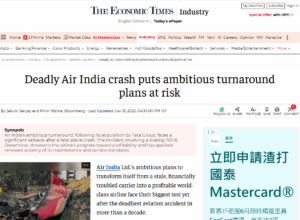
He highlighted ICAO’s recent safety audit, which recognised India’s efforts in strengthening aviation security and the adoption of the Delhi Declaration at the Asia-Pacific Ministerial Conference as further proof of India’s commitment to global aviation excellence.
While it is too early to fully assess the impact of the AI 171 tragedy in terms of national and international perception of air safety in India, history points to severe early negatives.
Travel analyst Skift noted, “Major airline disasters historically dent inbound travel (see Malaysia Airlines 2014) and analysts already see Air India’s insurance bill jumping at renewal.”
Israel-Iran war spells huge human and commercial impact
And so to the Middle East where the outbreak of war (for that is what both sides are calling it) between Israel and Iran not only has immediately horrific human repercussions for both countries but raises the very real threat of a wider regional war.
My travel retail working career has embraced two large-scale conflicts in the Middle East – the so-called Gulf Wars of 1990-91 and 2003-2011. Many industry stakeholders will recall the profound impact both had on the travel retail sector for varying periods.

The escalating crisis is already having serious consequences for travel (and therefore travel retail).
In Israel, Tel Aviv’s Ben Gurion International Airport is closed until further notice while Iranian airspace is closed down. Multiple airlines including Emirates, Lufthansa, Air France, United and Delta, have cancelled flights to parts of the region. Following the first Israeli strike, Iran, Iraq, Jordan and Syria also closed their respective airspaces.
Also read
|
Citing Eurocontrol, Reuters said about 1,800 flights between Europe and the Middle East had been affected by Friday (13 June), including approximately 650 cancelled flights. “With Russian and Ukrainian airspace closed due to war, the Middle East region had become an even more important route for international flights between Europe and Asia,” the agency noted.

The Middle East includes some of travel retail’s key operations, including Dubai International Airport (DXB) which, anchored by Dubai Duty Free (DDF), ranks as the world’s biggest single airport retail location.
The current crisis comes at a pivotal time for the travel retailer as talks involving several outside parties regarding investment reach an advanced stage. Historically the Middle East has been a volatile region but never before have Iran and Israel clashed so directly. How will prospects, therefore, of prolonged regional stability dampen external appetite to be involved in such a blue-chip operation as DDF?
Several airports, including DXB, Zayed International, Bahrain International and King Khalid International (Riyadh) have issued travel advisories, as seen below.


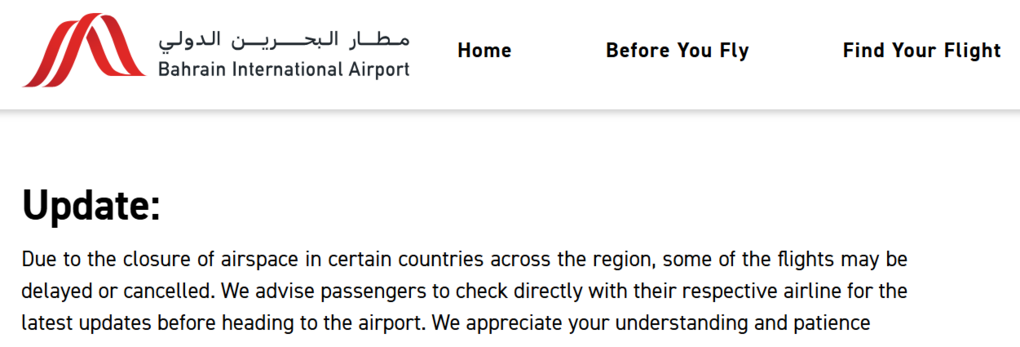 The UAE, led by Dubai, ranks as one of the world’s most popular tourist destinations and is likely to be impacted by the deteriorating situation.
The UAE, led by Dubai, ranks as one of the world’s most popular tourist destinations and is likely to be impacted by the deteriorating situation.
Fears of the conflict spreading rose after a senior Iranian official told CNN on Friday Iran will intensify its attacks on Israel and target the regional bases of any country that tries to defend it,
The UK Foreign Office issued a travel update yesterday (13 June), noting, “There is a high threat of terrorist attack globally affecting UK interests and British nationals, including from groups and individuals who view the UK and British nationals as targets. Stay aware of your surroundings at all times.”
It continued, “Terrorists are likely to try to carry out attacks in the United Arab Emirates (UAE). Attacks could be indiscriminate, including in places visited by foreign nationals.
“Terrorists continue to issue statements threatening to carry out attacks in the Gulf region. These include references to attacks on western interests, including against UK citizens.
“Ongoing hostilities in the region and between Israel and Iran could escalate quickly and pose security risks for the wider region. You should monitor local and international media for the latest information [and] be vigilant and follow the instructions of local authorities.”
Such statements, mirrored by numerous other countries, are certain to dent consumer confidence about safety across the wider Middle East. It can only be hoped that the Israel-Iran war is neither protracted nor spreads. But the signs currently are not good. 
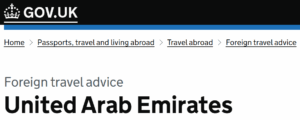
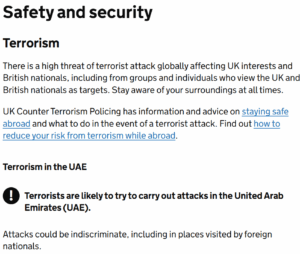
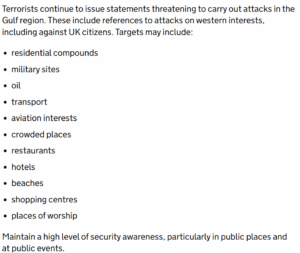



























![“[You] Build a Movie Like You Build a Fire”: Lost Highway DP Peter Deming on Restorations, Lighting and Working with David Lynch](https://filmmakermagazine.com/wp-content/uploads/2025/03/1152_image_03-628x348.jpg)






























































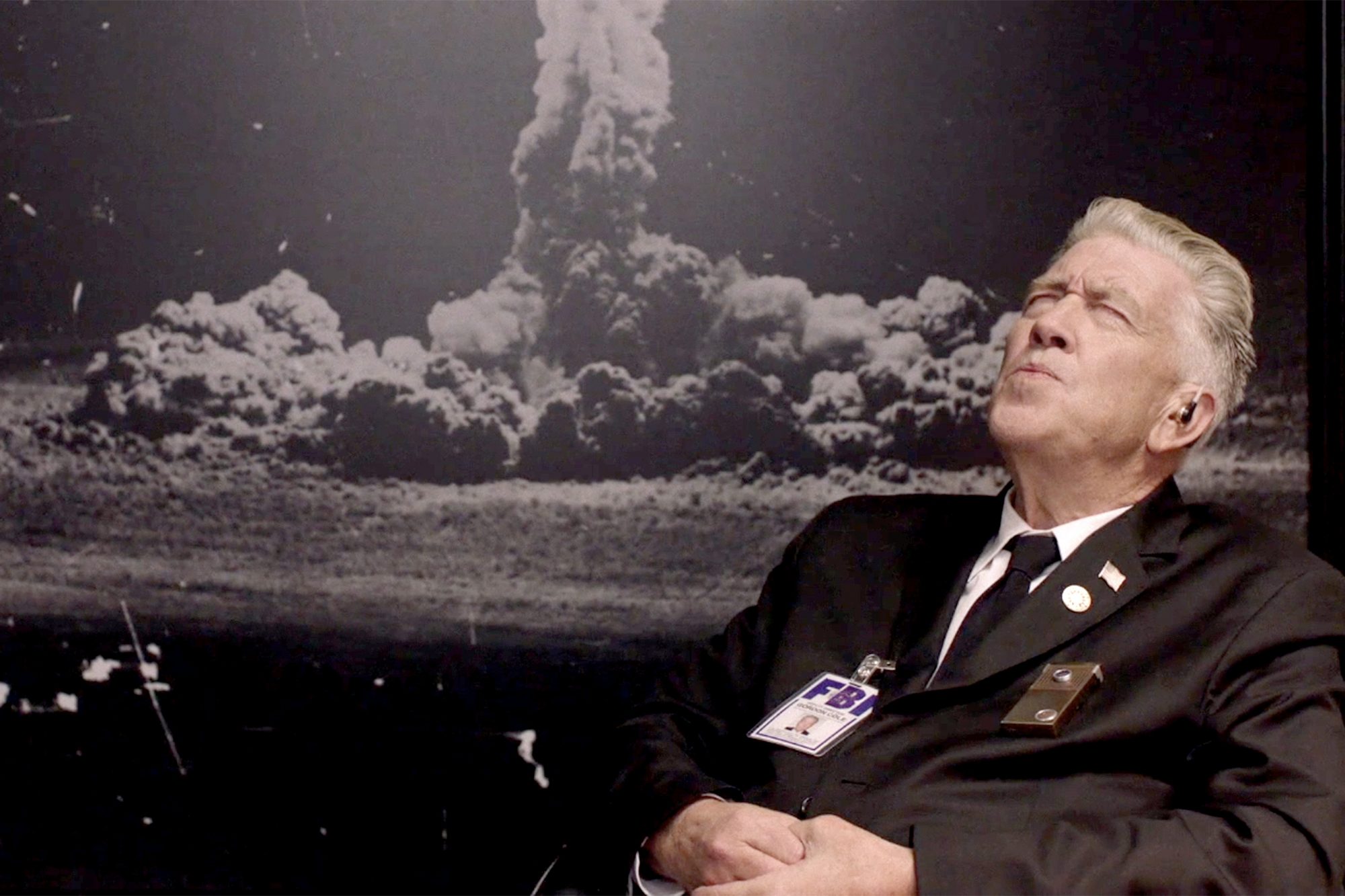






![Dan Gilroy Talks ‘Andor,’ Tyranny, Writing Mon Mothma’s Fiery Speeches, Bix’s Great Sacrifice & More [The Rogue Ones Podcast]](https://cdn.theplaylist.net/wp-content/uploads/2025/06/13114943/Dan-Gilroy-Andor-Interview.jpg)











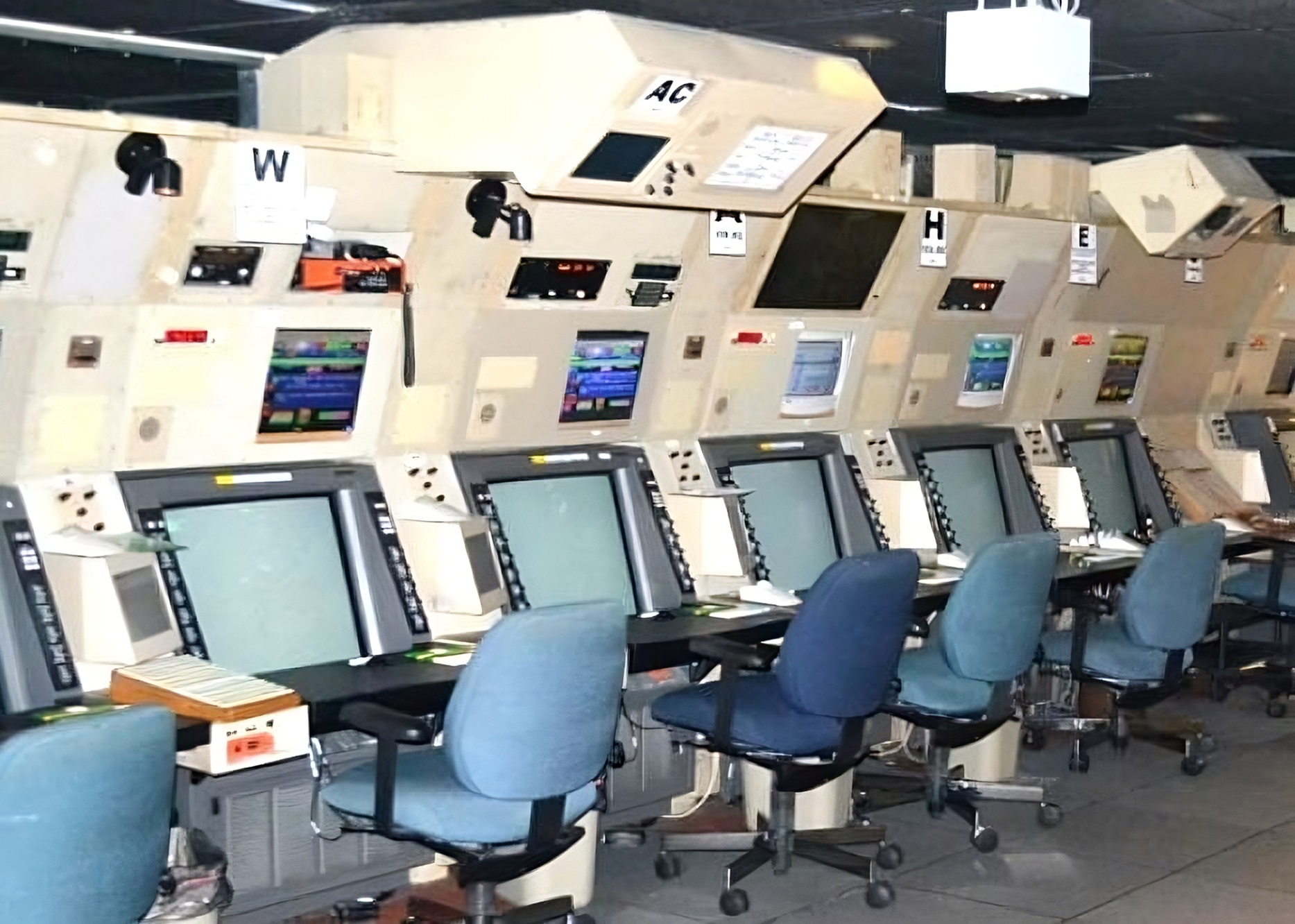
![Ice Cube Says TSA Took His iPad—It’s Back Now, But He’s Not Letting It Go [Roundup]](https://viewfromthewing.com/wp-content/uploads/2025/06/ChatGPT-Image-Jun-14-2025-06_37_14-AM.jpg?#)
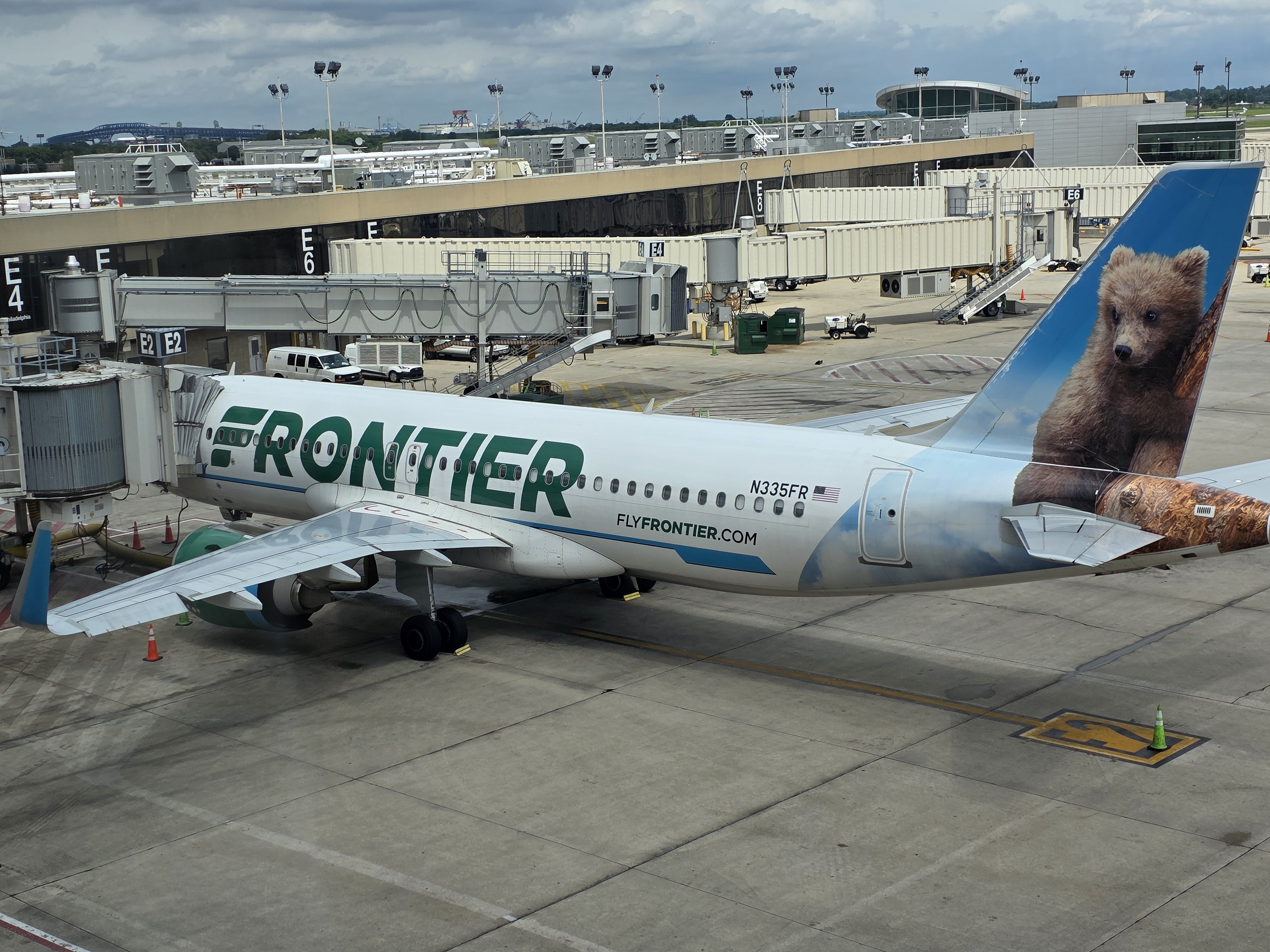













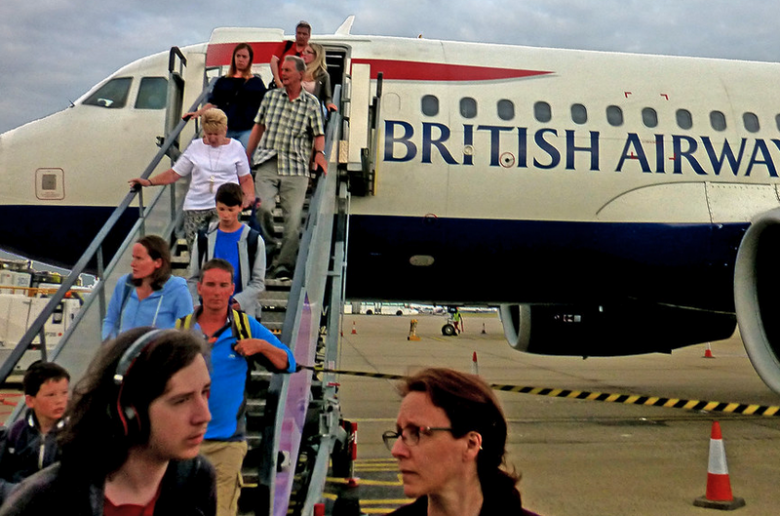
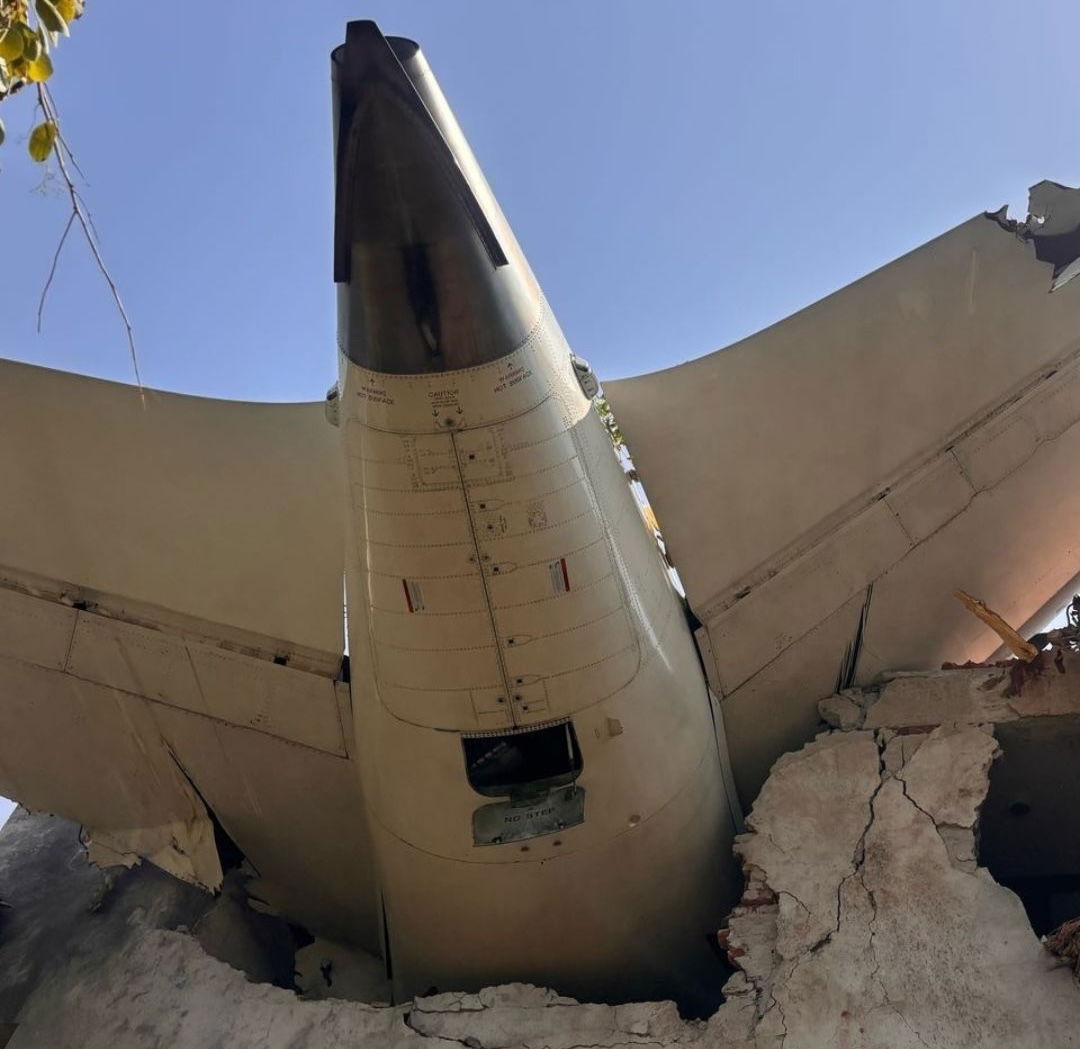

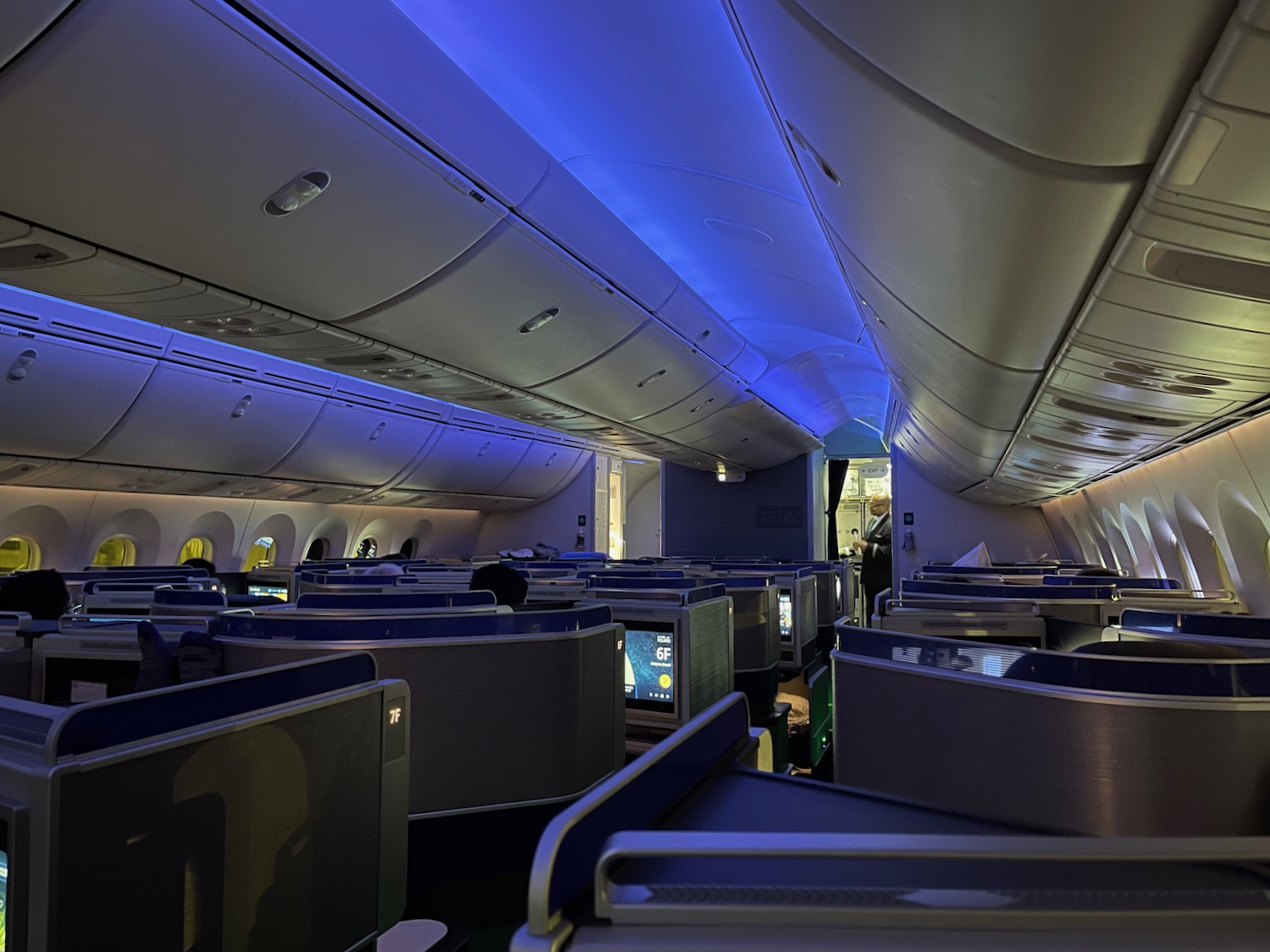




![Juicy rumors, but how far will cardholders be squeezed? [Week in Review]](https://frequentmiler.com/wp-content/uploads/2025/06/Juicy-rumors.jpg?#)

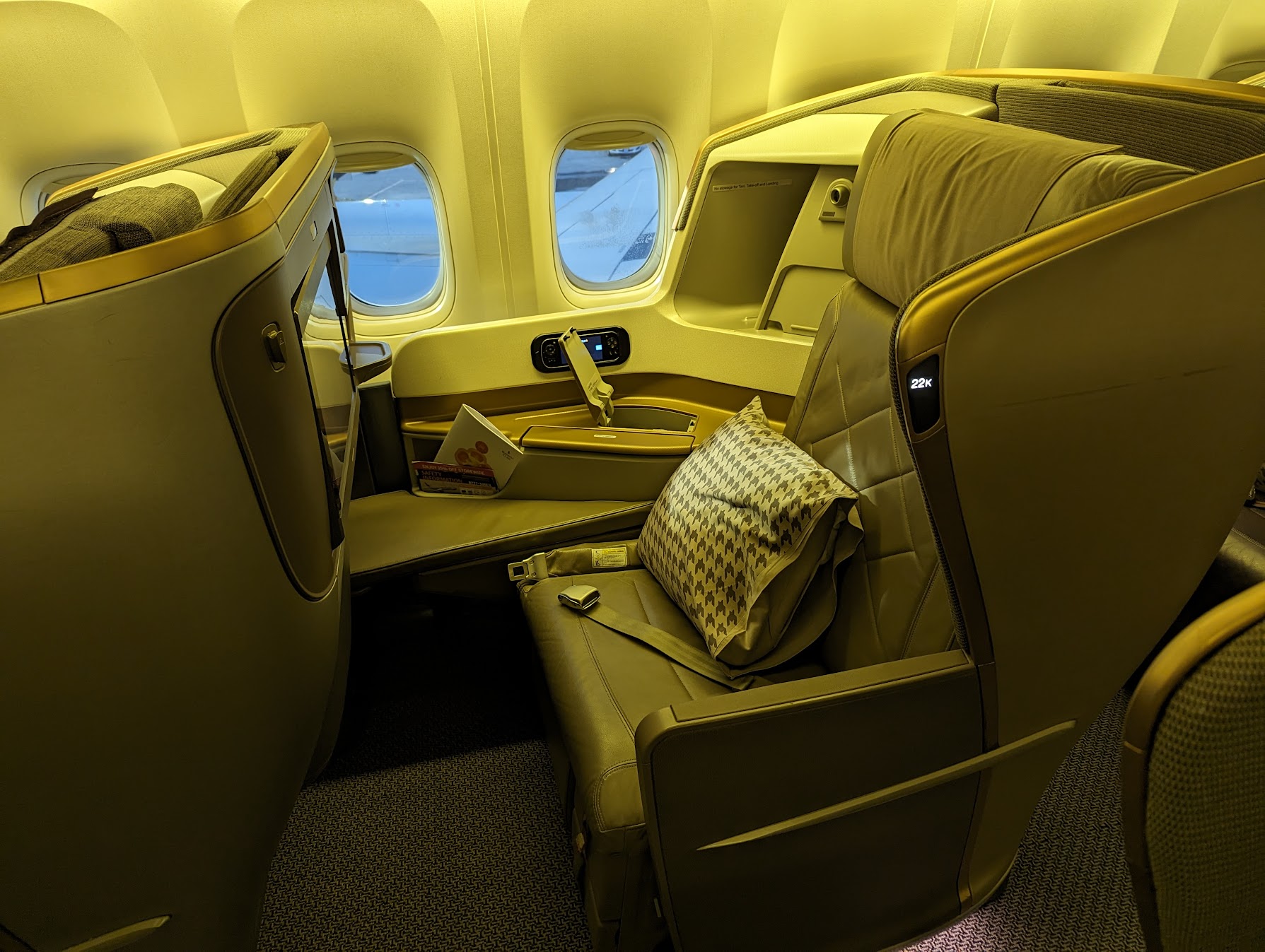












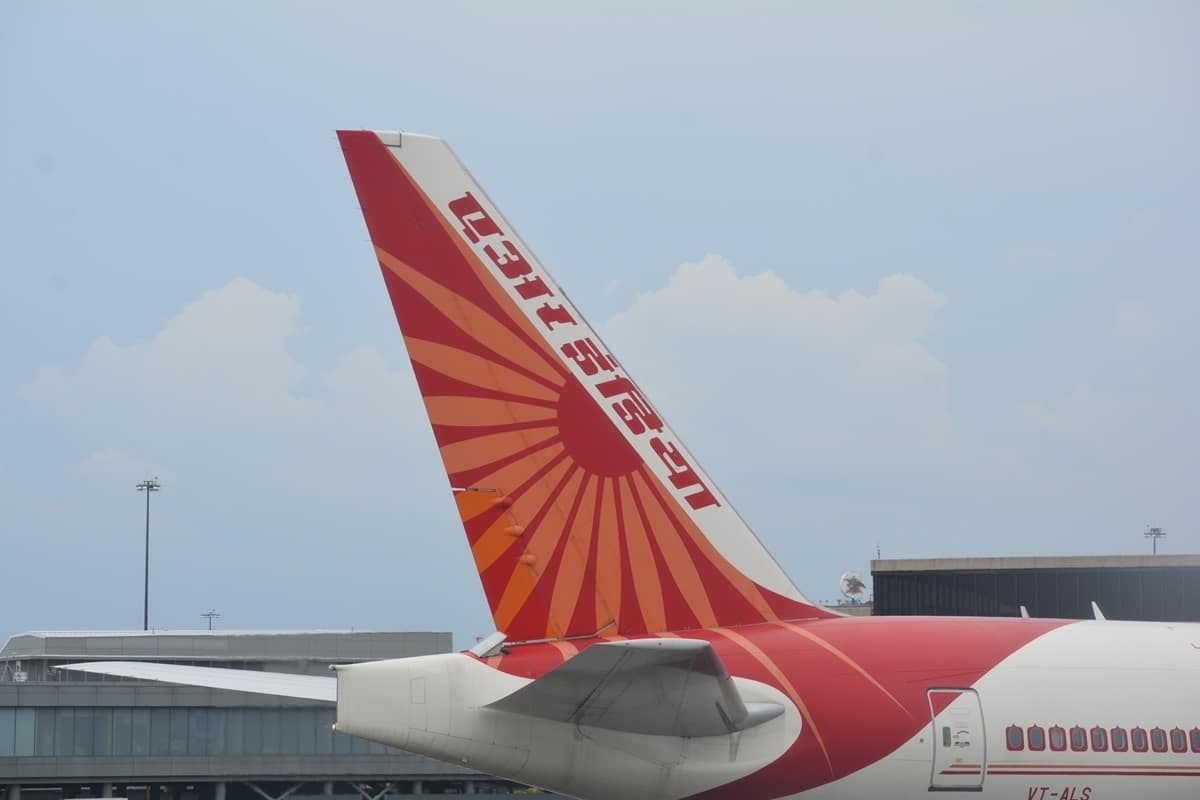



























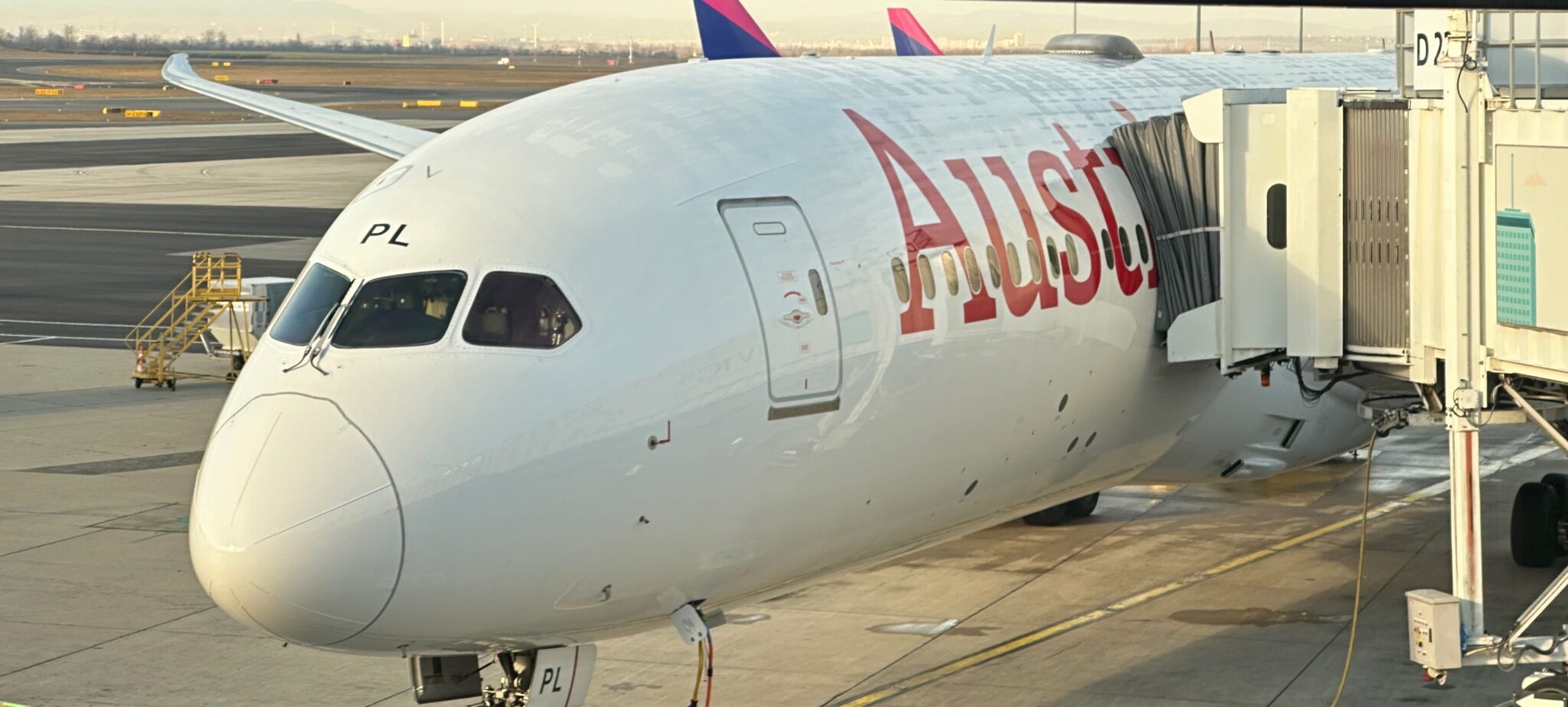













































































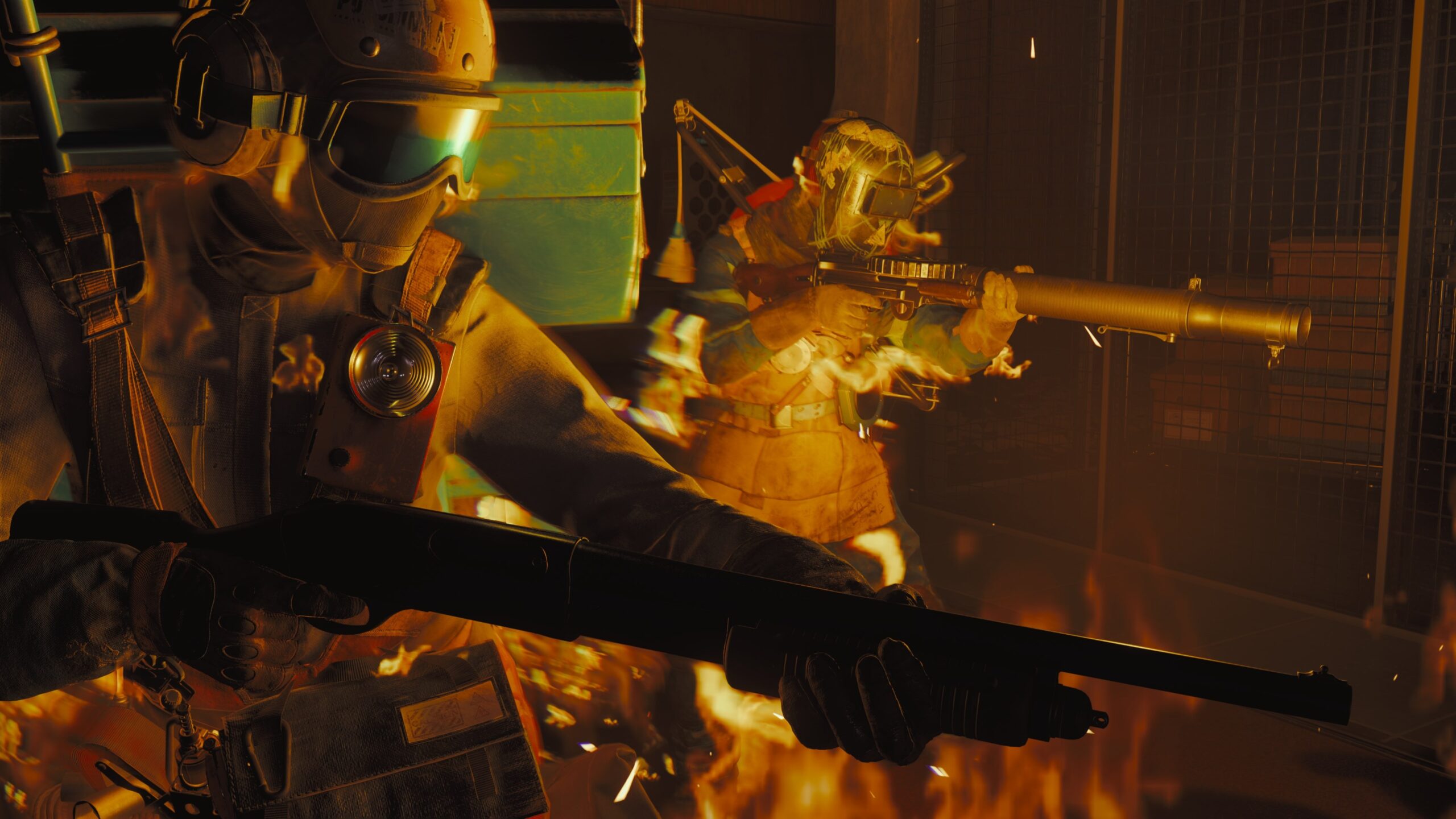































.jpg?width=1920&height=1920&fit=bounds&quality=70&format=jpg&auto=webp#)





















































































![[Podcast] Problem Framing: Rewire How You Think, Create, and Lead with Rory Sutherland](https://justcreative.com/wp-content/uploads/2025/06/rort-sutherland-35.png)

















































































































